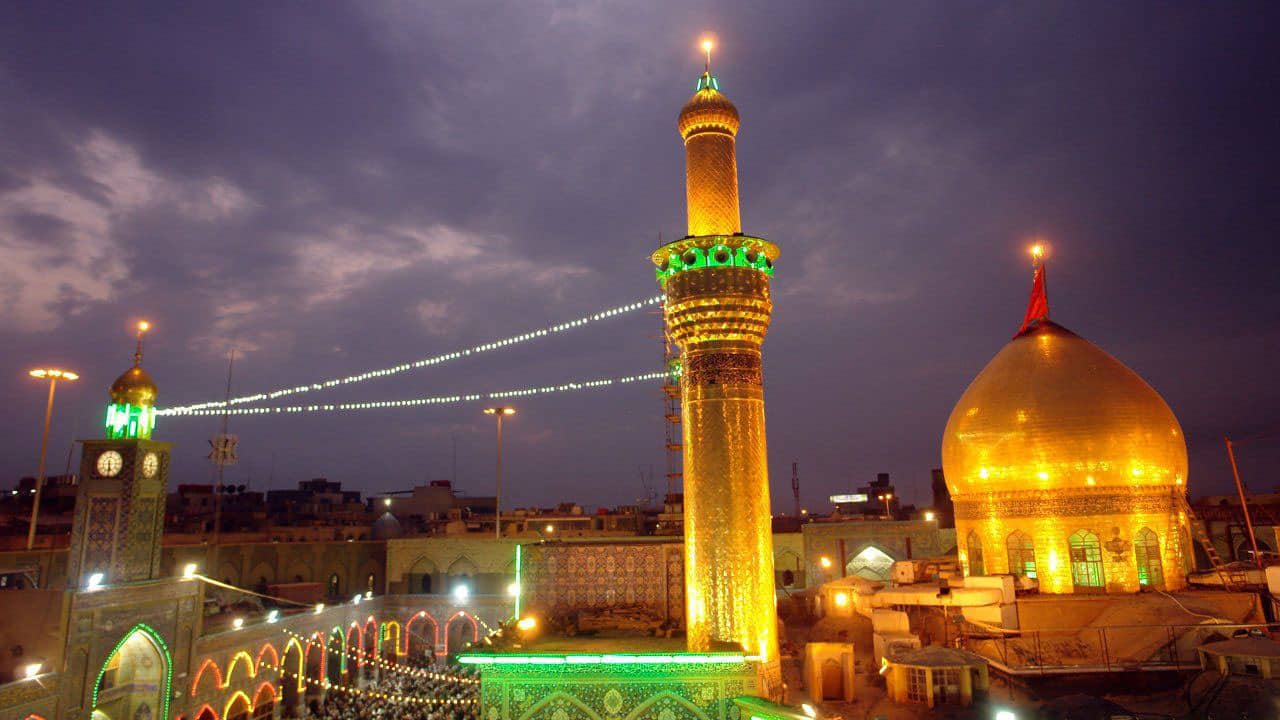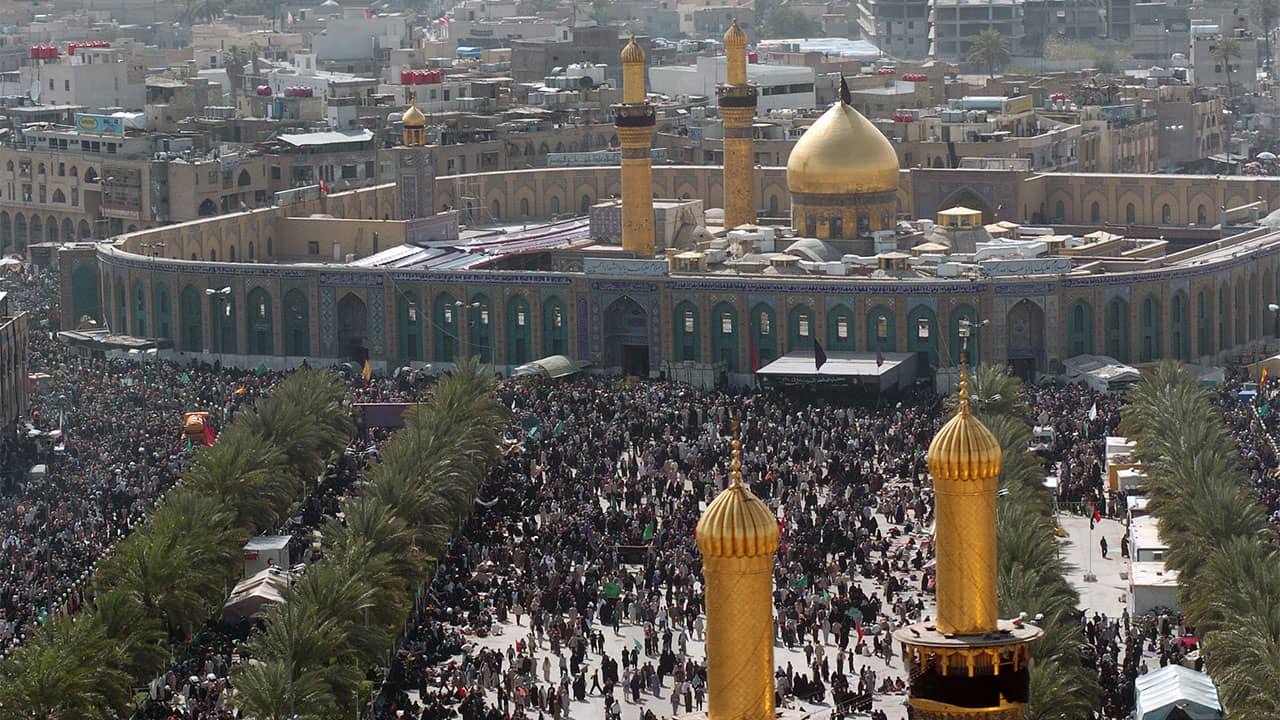
Arba’een
Arbaʽein (Arabic: الأربعين, romanized: al-Arba‘īn, lit. ’forty’), Chehellom (Persian: چهلم, “the fortieth day”) is a religious observance that occurs forty days after the Day of Ashura. It commemorates the martyrdom of Husayn ibn Ali, the grandson of Muhammad, who was martyred on the 10th day of the month of Muharram. Husayn ibn Ali and 71 of his companions were martyred by Ubayd Allah ibn Ziyad’s army in the Battle of Karbala in 61 AH (680 CE).
Arbaʽein or forty days is also the usual length of mourning after the death of a family member or loved one in many Muslim traditions. Arbaʽein is one of the largest pilgrimage gatherings on Earth, in which up to 45 million people go to the city of Karbala in Iraq.
The significance of the number 40 has roots in a saying (hadith) of Muhammad: “On the day of judgment, among my people, God will consider whoever memorized forty Hadiths as an erudite man”.
Numerous Islamic scholars have gathered collections of forty hadith, quoting from the prophet and the Imams, who followed him through the Shia sect.
Venue
Karbala (Arabic: كربَلاء) is a city in central Iraq, located about 100 km southwest of Baghdad. Karbala has an estimated population of 700,000 people (2015). The city, best known as the location of the Battle of Karbala in 680 CE, or the shrines of Imam Husayn and Abbas, is considered a holy city for Shi’ite Muslims, in the same way as Mecca, Medina and Jerusalem. Tens of millions of Shi’ite Muslims visit the site twice a year, rivaling Mecca and Mashhad by the number of pilgrims annually. The martyrdom of Husayn ibn Ali is commemorated annually by millions of Shi’ites. Up to 8 million pilgrims visit the city to observe Ashura, which marks the anniversary of Husayn’s death, but the main event is the Arba’een, where up to 30 million visit the graves. Most of the pilgrims travel on foot from all around Iraq and more than 56 countries.


